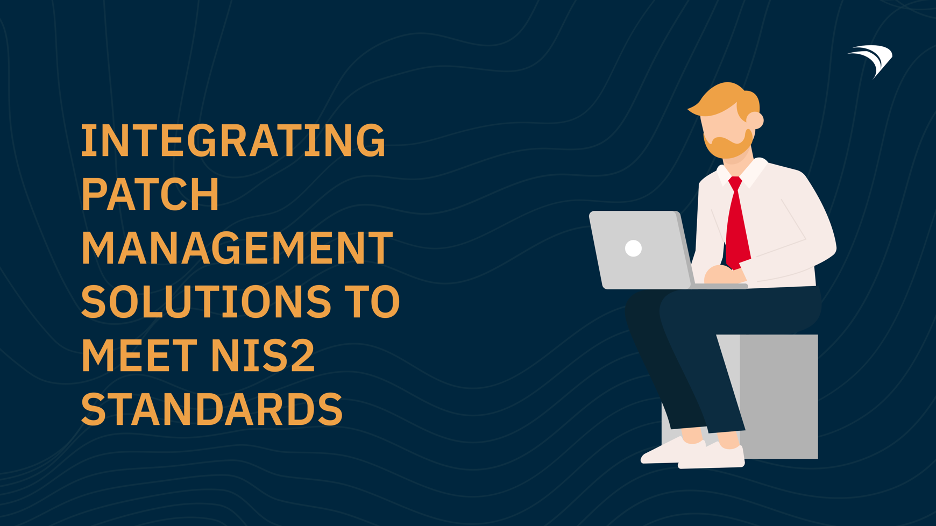Understanding Future-Proof On-Premise IT
As organizations navigate the rapidly changing technology landscape, the concept of future-proof on-premise IT emerges as a crucial strategy. This approach emphasizes creating IT infrastructures that can adapt to new technologies, security protocols, and operational demands without necessitating constant overhauls. This article explores what it means to future-proof on-premise IT, why it’s essential, and how companies like Orbit.eco leverage their expertise to offer impactful solutions.
The Importance of Future-Proofing
Future-proofing on-premise IT addresses significant challenges faced by organizations today, including increasing cyber threats, compliance challenges, and the need for seamless operational efficiency. As industries evolve, the potential for technological advancements means businesses must remain agile.
Investing in future-proof IT systems translates to a robust framework that integrates seamlessly with emerging technologies. Companies benefit from improved operational resilience and a more secure environment. A primary aspect of this strategy is understanding the balance between on-premise solutions and cloud services, which can coexist to provide flexibility.
Implementation Strategies for Future-Proof On-Premise IT
To successfully implement future-proof on-premise IT, organizations should consider the following strategies:
1. Embrace Modular Architectures
Modular architectures allow for scalability and upgrades without overhauling the entire system. This adaptability is essential as technology evolves. By adopting modular components, businesses can implement new technologies as they emerge, ensuring that their IT infrastructure remains cutting-edge.
2. Leverage Automation
Automation tools, such as those offered by Orbit.eco, streamline IT operations, improve efficiency, and reduce human error. By automating routine maintenance tasks, IT teams can focus on strategic initiatives that drive business growth.
3. Invest in Security Protocols
With cyber threats becoming increasingly sophisticated, investing in robust security protocols is paramount. Implementing advanced security measures—like intrusion detection systems (IDS) and comprehensive endpoint security—will protect assets and data.
4. Monitor Asset Real-Time
Using technologies for real-time asset monitoring allows organizations to keep track of all devices in their network. This provides immediate insights into vulnerabilities and helps maintain compliance with regulatory standards.
Orbit.eco’s Approach to Future-Proofing
Orbit.eco specializes in Unified Endpoint Management (UEM), providing machine-centric and device-centric solutions that cater to non-user-dependent environments. These offerings are particularly beneficial for medium to large enterprises, high-security industries, and educational institutions.
One of the key differentiators of Orbit.eco lies in its support for Declarative Device Management (DDM). This next-generation approach allows for easier management of diverse device environments while ensuring compliance and security across all endpoints.
ROI Benefits of Future-Proofing On-Premise IT
The return on investment (ROI) associated with future-proof on-premise IT is multifaceted, impacting operational efficiency, security posture, and compliance adherence. Here are some compelling ROI benefits:
1. Reduced Operational Costs
By implementing modular and automated systems, organizations can significantly lower operational costs. Automation reduces the need for manual intervention, which decreases labor costs and minimizes human error.
2. Enhanced Security Posture
Investments in robust security measures protect organizations from costly breaches and reputational damage. A strong security foundation leads to fewer disruptions, which translates to consistent productivity and reliability.
3. Compliance Efficiency
Future-proof IT enables organizations to quickly respond to regulatory changes, ensuring ongoing compliance with industry standards. Avoiding fines or penalties contributes directly to the bottom line.
Frequently Asked Questions (FAQ)
What does future-proof IT mean?
Future-proof IT means creating an IT infrastructure that can adapt to technological advancements and emerging threats, minimizing the need for frequent overhauls.
Why is future-proofing important for businesses?
Future-proofing allows businesses to stay competitive by easily integrating new technologies, improving operational efficiency, and enhancing security.
What role does automation play in future-proofing?
Automation reduces manual tasks and errors, enabling IT teams to focus on strategic initiatives that directly impact business growth.
How can I measure the ROI of future-proof IT?
ROI can be measured through reduced operational costs, enhanced security posture, and efficiency in compliance adherence, all of which contribute to financial savings.
Conclusion
Future-proof on-premise IT offers an invaluable strategy for companies seeking to maintain competitive advantage in today’s fast-paced technological landscape. By understanding the importance of modular and automated systems, implementing robust security protocols, and leveraging the expertise of providers like Orbit.eco, organizations can build resilient infrastructures poised for success.





